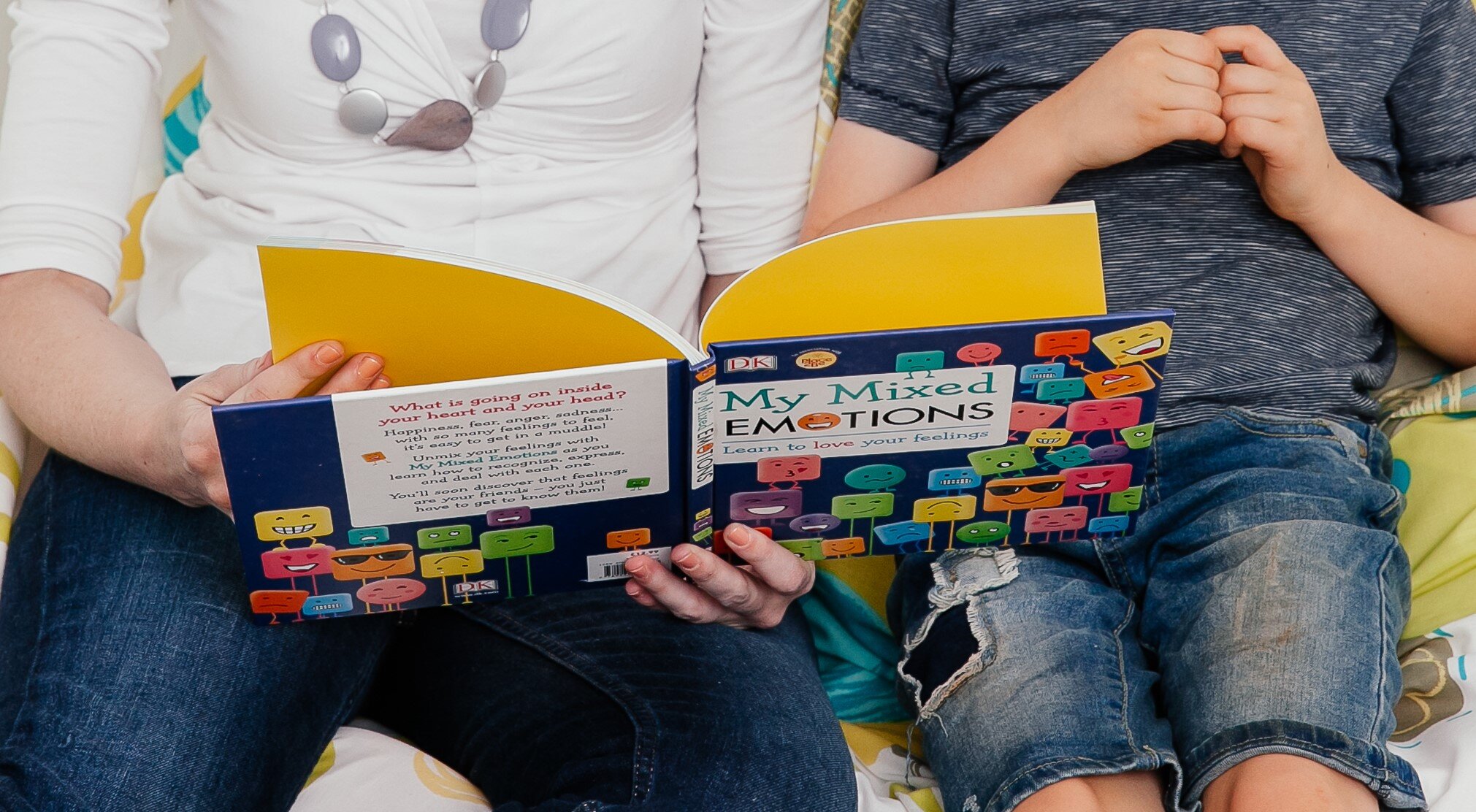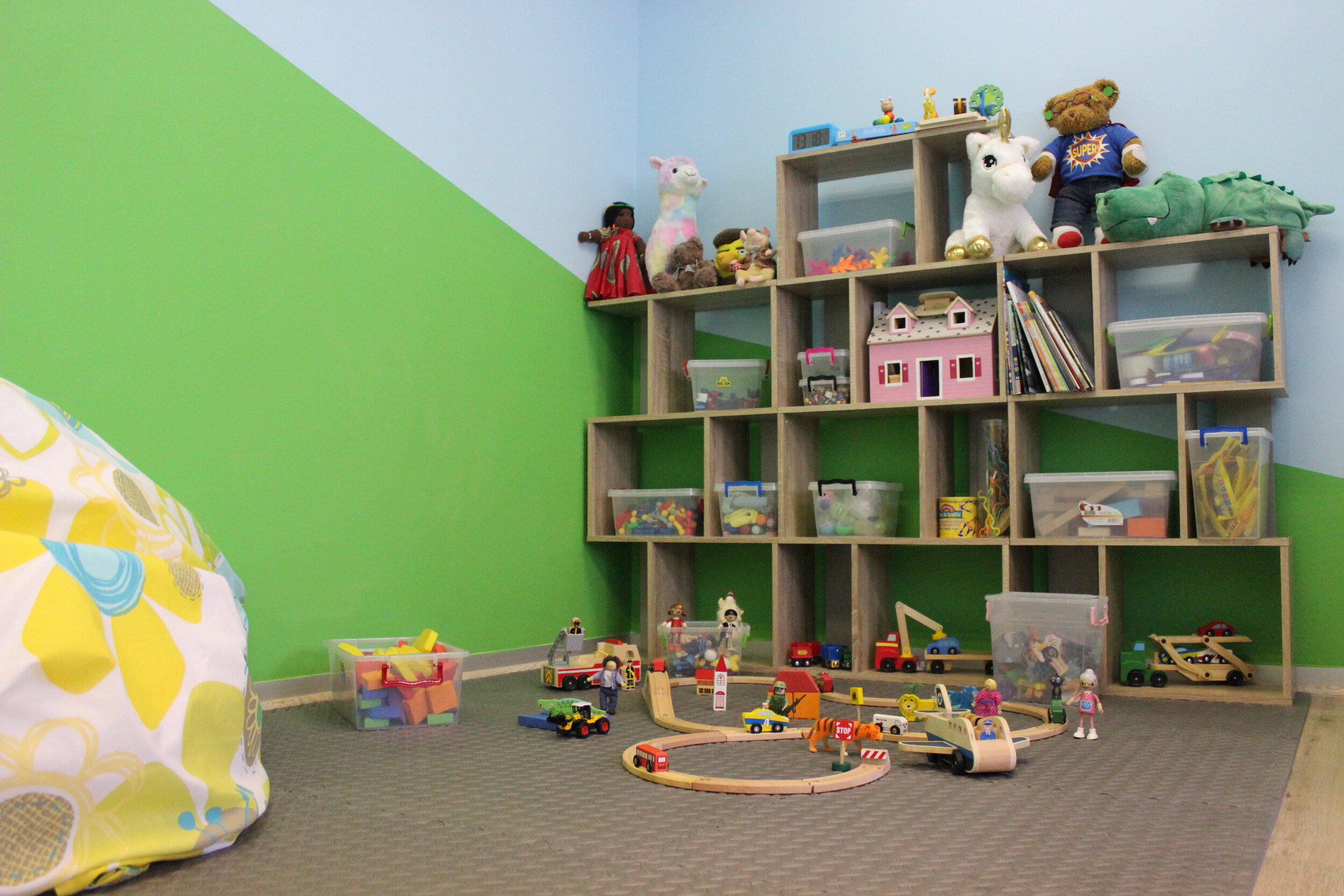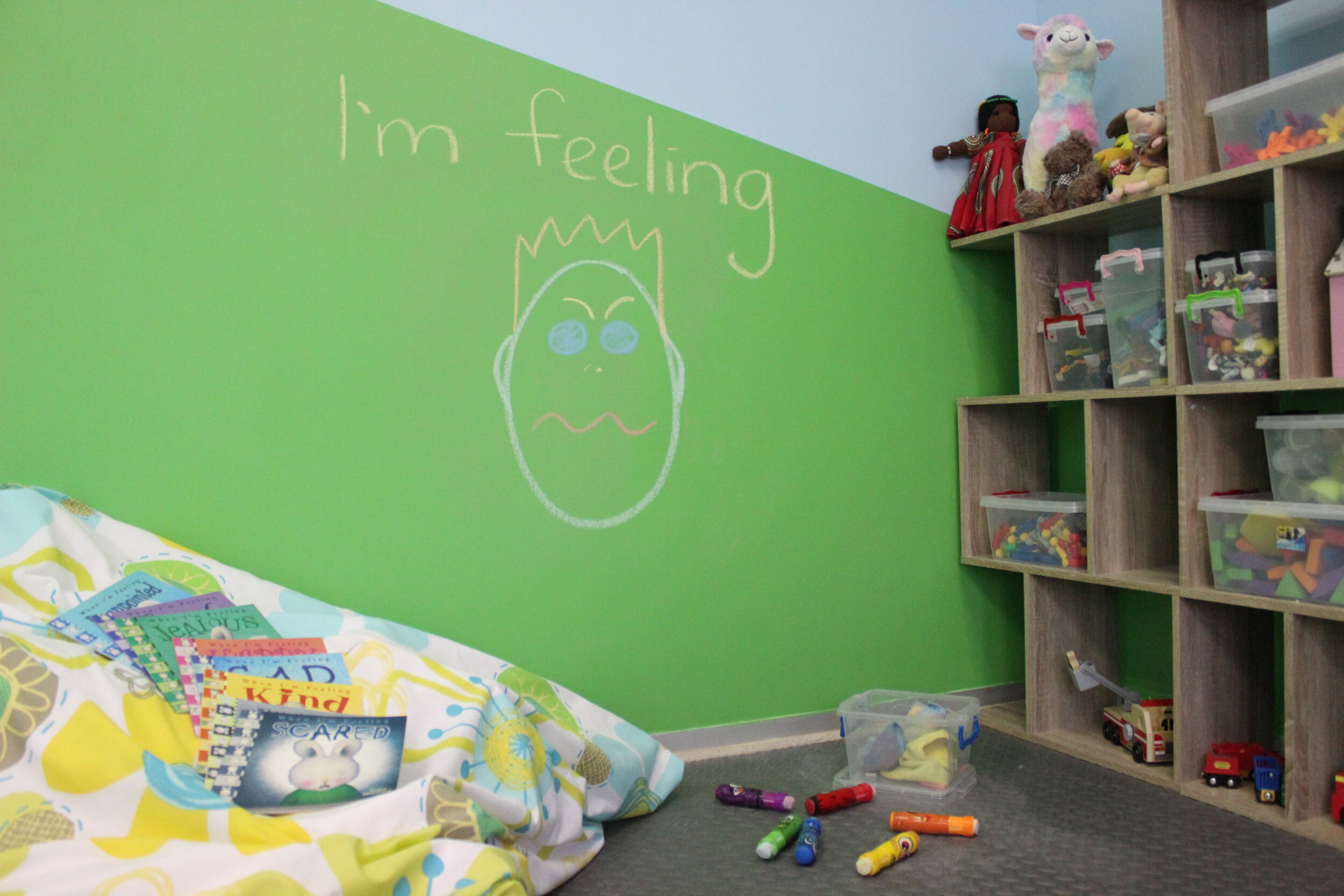Educational Psychology
The role of an Educational Psychologist
Educational Psychology is a specific category within the field of psychology which focuses on addressing the emotional, academic, behavioural, social and developmental well-being of individuals and their families. An Educational Psychologist strives to provide a safe space in which children, adolescents, parents and families are free to express themselves, explore their identity, navigate their context and develop the skills necessary to overcome life’s challenges.
Reasons for visiting an Educational Psychologist may include:
Academic and developmental difficulties related to educational achievement (preschool to tertiary).
Social and interpersonal challenges.
Mental health difficulties (for example, anxiety).
Contextual situations and conditions impacting individual development (for example, challenges or changes in the home environment, bullying or teenage pregnancy).
Behavioural challenges (for example, school avoidance or defiance).
Specific disabilities and disorders affecting learning, behaviour, mental well-being or social interaction.
Uncertainty relating to subject choices or career decisions.
Services offered include:
Assessment
Psycho-educational assessments to identify barriers to learning or for placement into specific educational settings.
School readiness assessments.
Subject choice and career assessments.
Therapy (counselling)
Therapy may take on the form of individual sessions, parental consultation or group sessions (such as family counselling).
The therapeutic approach used is based on the needs and strengths of the client.
Learning support
Assisting schools in developing appropriate Individual Education Plans for learners.
Working with teachers in developing appropriate classroom-based strategies in overcoming academic, emotional, behavioural and social challenges.
Working with individual learners in developing strategies to alleviate academic challenges (for example, specific reading strategies or study skills).
Training
Workshops and presentations at schools, churches and other organizations






